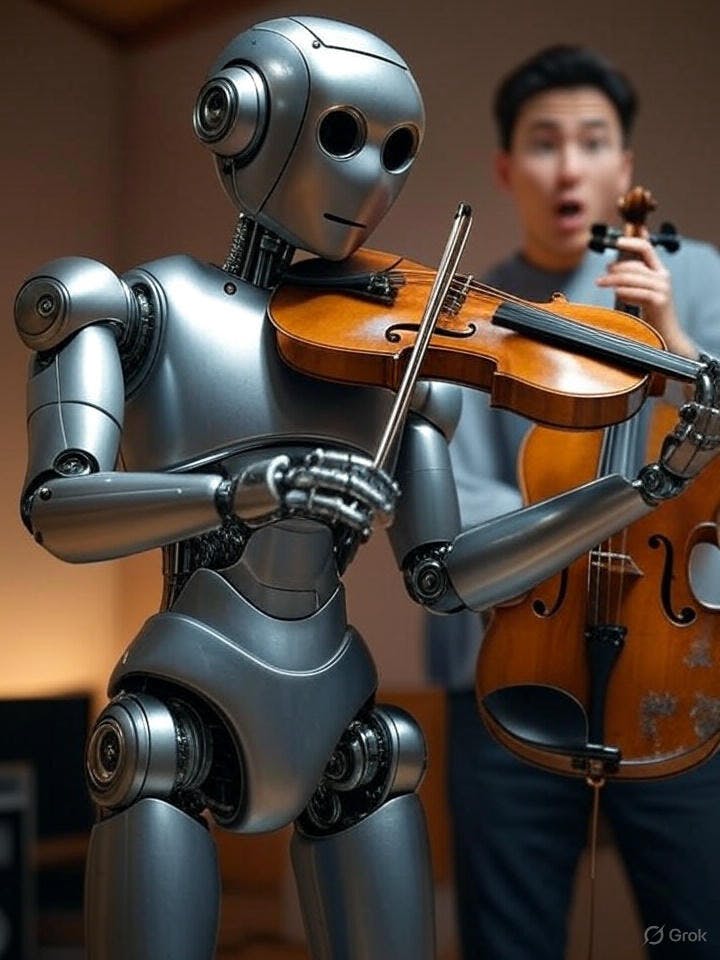Why “Experts” Still Get AI Wrong

I recently read an article in a major Austrian news outlet titled “Why AI May Not Be as Revolutionary as People Think”. Two Austrian researchers (a sociologist and a business informatics researcher) warn against overestimating AI in the workplace: While many people use tools like ChatGPT daily, they argue that AI cannot replace humans or solve complex problems entirely on its own. They claim many projects fail because AI is introduced for image rather than to address real needs. Adoption in Austria remains low, with most companies citing a lack of expertise, privacy concerns, and security risks. AI can support routine tasks but still struggles with creative and complex work.
This left me a bit puzzled. I immediately thought about some astonishing advancements, such as:
- AlphaFold: Complete prediction of the 3D structure of proteins, a quantum leap for medicine
- Grok4 heavy code generation: Complex software development in hours instead of months
- Stable diffusion models in medicine: More precise tumor detection than human radiologists
I completely understand the challenges of developing cutting-edge AI technologies and even deploying them, especially with the overwhelming amount of red tape in the EU. There is a lot of paperwork involved, and if one does not understand the fundamental technologies being deployed, compliance tasks become daunting. That is a valid point. But questioning the very fundamentals of AI itself, as the headline seems to suggest? This particular newspaper is not known for clickbait, so what was the real intent?
Perhaps their focus was more on the end-user perspective. The argument that creative tasks cannot easily be substituted by AI was a common belief just five years ago. Yet recent developments have shown that these fields were, somewhat surprisingly, the first where AI made enormous strides. We have all seen impressive image and video generation from AI. I even find AI-composed music fascinating, often defying the romantic claim that it “lacks soul.” Paradoxically, the professions we might first imagine to be replaced by AI may actually be the ones that survive the longest. Electricians and plumbers are still in high demand, at least until robotics, advance much further. That process has already begun for taxi drivers. So why do I connect AI with robotics? Because it is all about autonomy.
Now let’s look at the business environment. I tend to pay attention to the decision-making of people who have consistently proven themselves more competent than me, in order to gain a broader perspective. If we follow the money across almost all major industries, nearly all resources are being thrown at AI. It is an all-in game. Would companies commit that much capital if AI was not “as revolutionary as people think”? Very unlikely. IT is a massive industry because it is the enabler for scaling. Now imagine you could scale the scaling. That’s hyper-exponential growth potential. So do these two authors have more insight than the leaders of entire global industries, or are they simply making a deliberately controversial statement?


